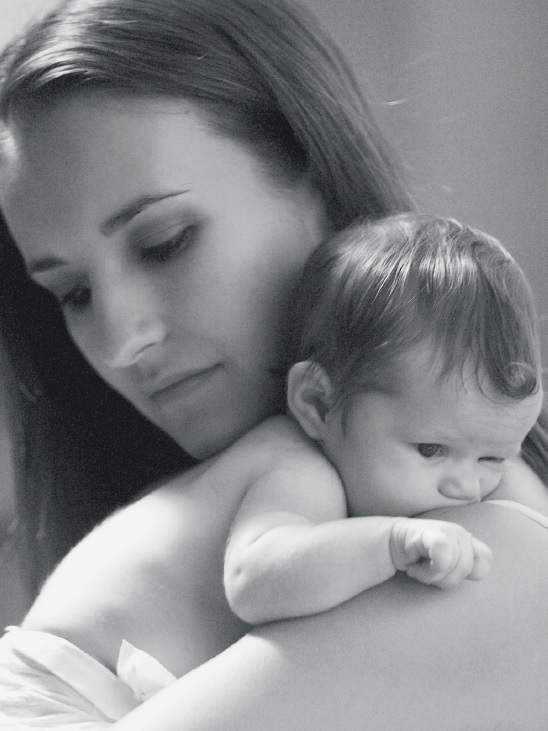Opinion Editorial published on Mother’s Day for St. Joseph’s Health:
“Being a mother is easy.” This is a sentence I don’t believe I have ever heard, whether it be in my professional or personal capacities. Such a sentiment could not seem further from the truth than during the world’s two-year struggle with the Covid-19 pandemic. Moms have been stretched further, and pushed harder, than in recent history. Boundaries have been blurred between the roles of parent and teacher, working parent and stay-at-home parent, electronics police, and mask and hand sanitizer patrol. Caregivers have been forced to protect their children and keep them healthy and safe, in ways which current generations have never experienced. Children have struggled with increased rates of anxiety, depression and behavioral concerns. Parents have also been battling their own increased difficulties with behavioral health symptoms.
As a psychologist, I have seen the reverberating impact of this pandemic on my patients, especially mothers. I have watched mothers struggle to assist their children with schoolwork, while also working to attain adequate income for their families. I have seen mothers’ heightened concern and anxiety as they weigh the risks and benefits of keeping their children at home versus sending them to school. I have worked with other healthcare providers who worry about the risk they are posing to their own families by caring for patients infected with Covid-19. Parents have struggled with concerns about housing, often living in unsafe conditions or facing homelessness.
I have seen, firsthand, what the data and statistics have shown. In some studies, close to 60% of mothers indicated that increased stress and worry related to the pandemic was taking a negative toll on their mental health. Reports of symptoms of depression and anxiety in adults almost quadrupled in some studies, with rates among parents increasing more drastically than many other demographic groups. Data also indicated that significantly more mothers, than fathers, left the workforce due to childcare issues during the pandemic.
As we pause this weekend to celebrate Mother’s Day, it seems an appropriate time to reflect on how we, as a society, are supporting mothers and, how mothers can best be caring for themselves. The benefits of exercise, healthy socialization, engagement in pleasurable and meaningful activities, time outside, and mindful time fostering healthy relationships with ourselves, and others, can have a profound impact on our mental and emotional health. We need to encourage this healthy coping in others and prioritize it in our own lives.
While taking the time for self-care seems most challenging for moms, who feel guilty prioritizing themselves, these are actually the people who can most benefit from that time. It is only when we are our healthiest and best versions of ourselves, that we can continue to be loving supports for others.
Monique Winnett, a doctor of psychology, is a clinical psychologist and Coordinator of Integrated Behavioral Health Services at St. Joseph’s Health in Syracuse.

